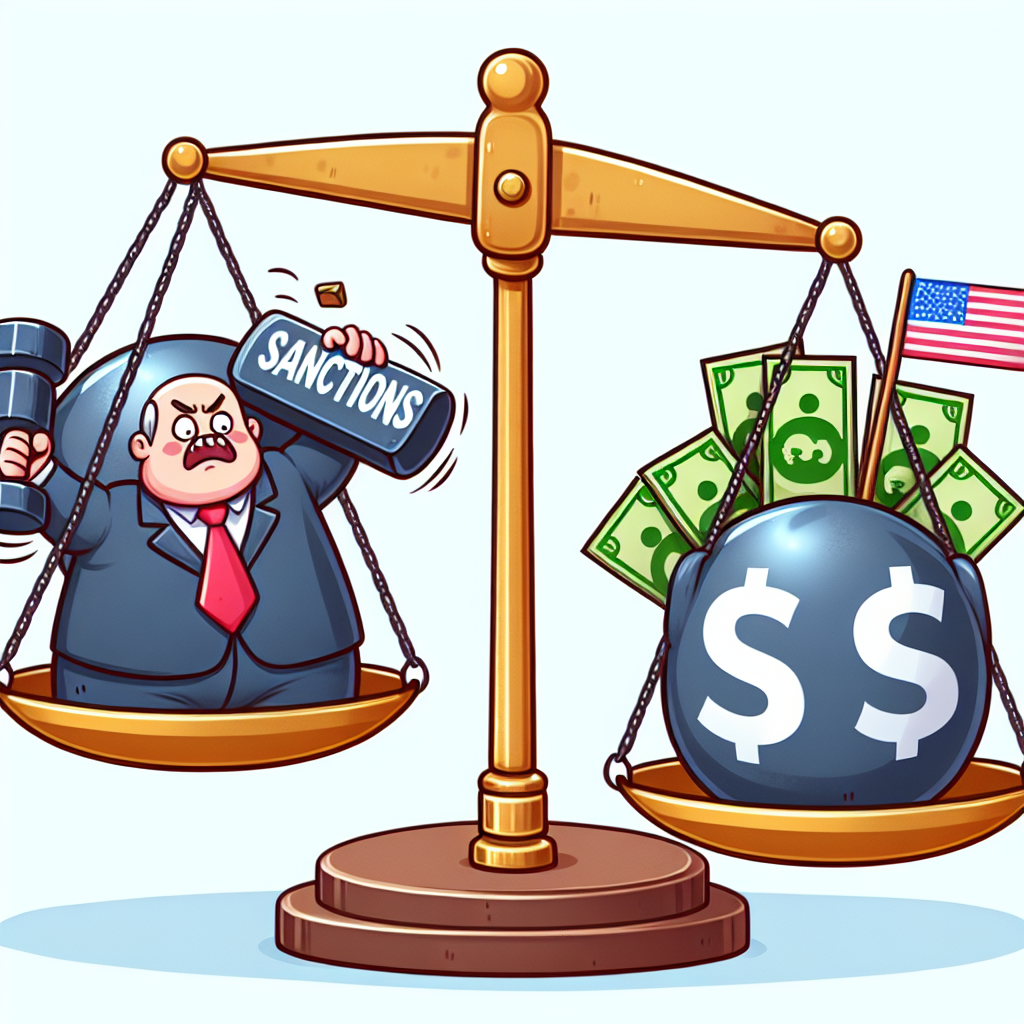U.S. Tightens Sanctions on Iran's Petrochemical Sector Amid Missile Tensions
The U.S. expanded sanctions on Iran's petroleum and petrochemical sectors following an Iranian missile attack on Israel. The sanctions aim to cut funding for Iran's nuclear and missile programs and target entities and vessels involved in illicit oil trade. Israel plans to respond to Iran's aggression.

On Friday, the United States intensified its sanctions on Iran's petroleum and petrochemical sectors, following Iran's missile strike on Israel. This move is an effort by President Joe Biden's administration to cut off funding for Iran's nuclear and missile programs.
The new sanctions broaden the scope of an existing executive order, targeting sectors that financially empower the Iranian government. Measures include actions against the 'Ghost Fleet,' which illegally transports Iranian oil globally. National Security Adviser Jake Sullivan highlighted that these measures aim to limit Iran's ability to support terrorist groups threatening the U.S. and its allies.
In retaliation to Israeli attacks in Lebanon and Gaza and the killing of a Hamas figure in Iran, Tehran launched the missile strike on October 1. Israel has vowed to retaliate. The U.S. Treasury now has the authority to impose sanctions on individuals in Iran's petroleum sector. Gulf states are urging Washington to prevent Israeli attacks on oil sites to avoid regional escalation, according to sources. Concurrently, the State Department imposed sanctions on entities trading Tehran's oil, further disrupting funding for Iran's weapons and support for terrorist proxies.
(With inputs from agencies.)
ALSO READ
Tensions Surge: US Considers Strikes on Iranian Oil Amid Middle East Conflict
Biden Weighs Options: Israel and Iranian Oil Dilemma
Tense Times: Biden Administration's Diplomatic Dance with Israel
Pentagon's Gaza Warning: Behind the Scenes of the Biden Administration's Dilemma
Biden Weighs In: Alternatives to Striking Iranian Oil Fields










